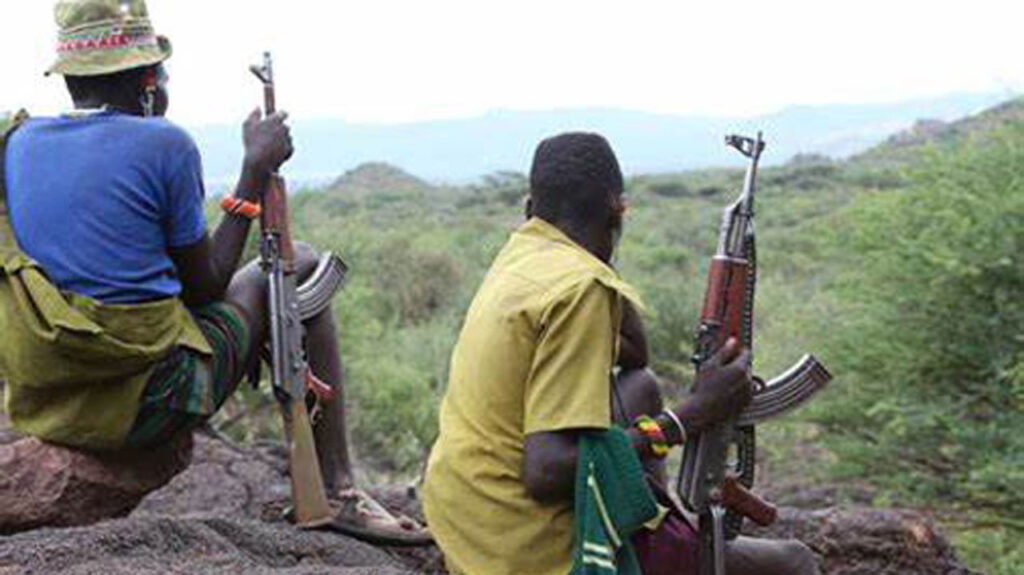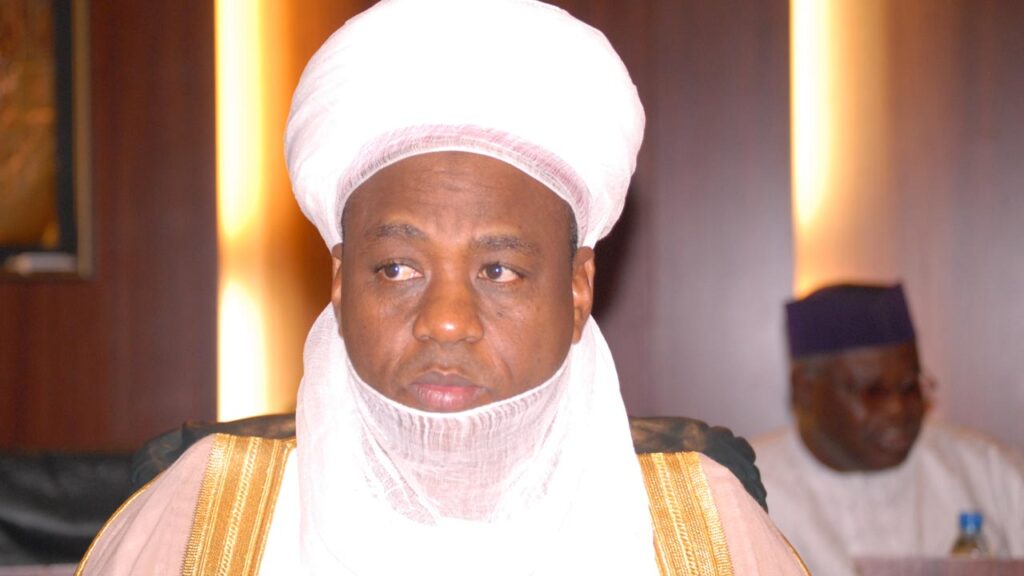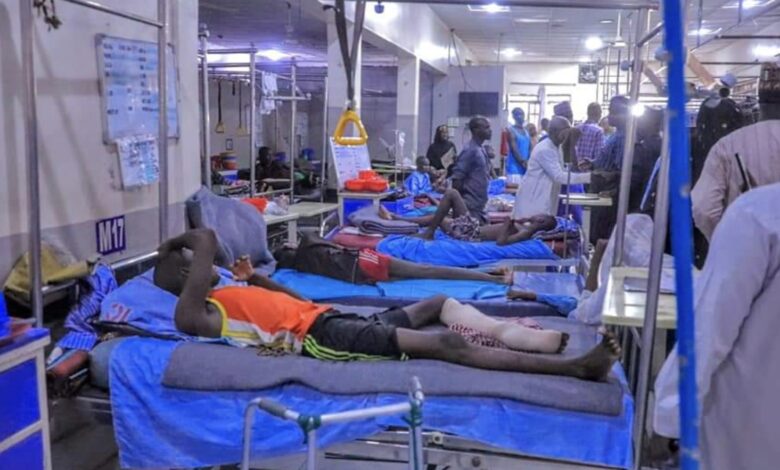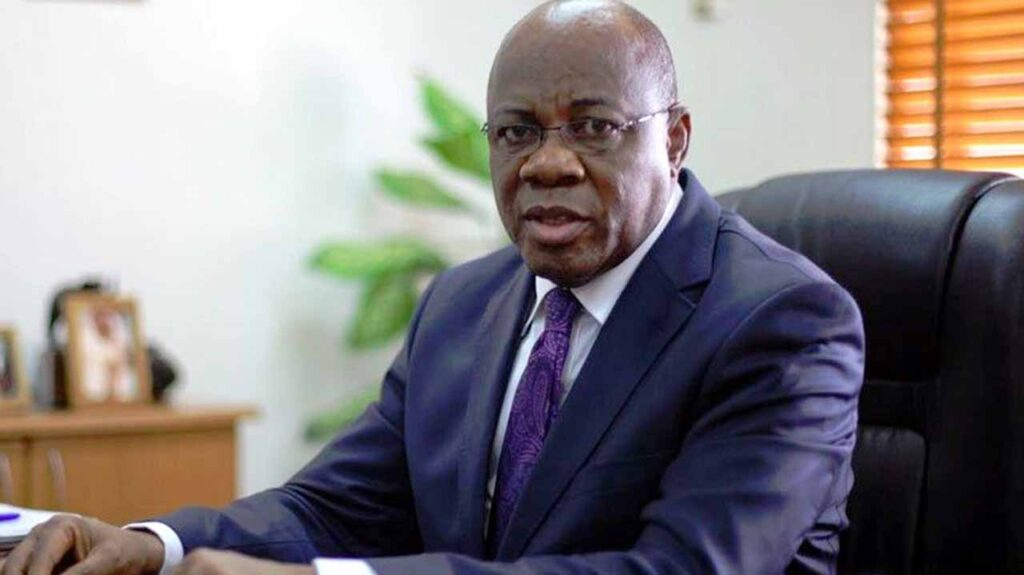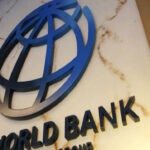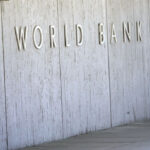
The national social register used by the Buhari administration for its Conditional Cash Transfer is an aggregate of all state social registries from the 36 states of the federation and Federal Capital Territory (FCT), according to the World Bank, a source reports.
This is contrary to reports emanating from the last National Economic Council meeting (NEC) suggesting that the register is a top-down database from the Federal Government, and questioning its credibility.
World Bank officials in Nigeria over the weekend expressed surprise at the information released to the public as an outcome of the NEC, as disclosed by Governor Charles Soludo of Anambra State.
But a presentation to the NEC, last Thursday, by the Nigeria Country Director of the World Bank, Mr. Shubham Chaudhuri, which was exclusively obtained by the source, indicated that in developing what became the national social register, each state governor, through budget and planning ministries, built up the registries and merely forwarded same to the Federal Government who then adopted it for its National Social Investment Programmes, particularly the Conditional Cash Transfers.
The World Bank’s Country Director in a presentation to NEC, last week, stated that in the development of the registers, there were three stages: geographical selection, community-based selection and enumeration/data processing and storage.
Under geographical selection LGAs, wards, communities were prioritised, based on levels of poverty and vulnerability. According to Chaudhuri’s presentation “two approaches were employed: using poverty headcount and using high resolution poverty maps based on satellite imagery.
A multi-sectoral team at the LGA level was involved in the ranking exercise.”
He added that there was a community-based targeting team composed of state and LGA officials, and households were visited by these officials and digital identification information collected where available.
Furthermore, when done, the data was stored “in the state social registry database, supported through a management information system managed by a state operations coordinating office”, set up by the state governors themselves.
In fact, World Bank and Federal Government sources also revealed that the bank was fully involved in the process of developing the registers, state by state, and also funded the enumerators who were appointed by the state governors. The whole process had started during the Jonathan administration when eight states were already developing the register with the technical assistance of the World Bank, and the rest of the states came on board during the Buhari administration.
World Bank sources further asserted that several of the states have also been using the registries for different state-based schemes and local initiatives since, wondering how the same NEC to whom the Country Director made the 25 slides presentation concluded that the national social register lacked integrity.
“As we speak, several state governments are using the registries up till now,” World Bank, FG NSIP and knowledgeable sources disclosed last night.
The sources explained that “prior to June 2015, the development of the social register was a contractual process that involved direct engagement of state governments with the World Bank.”







